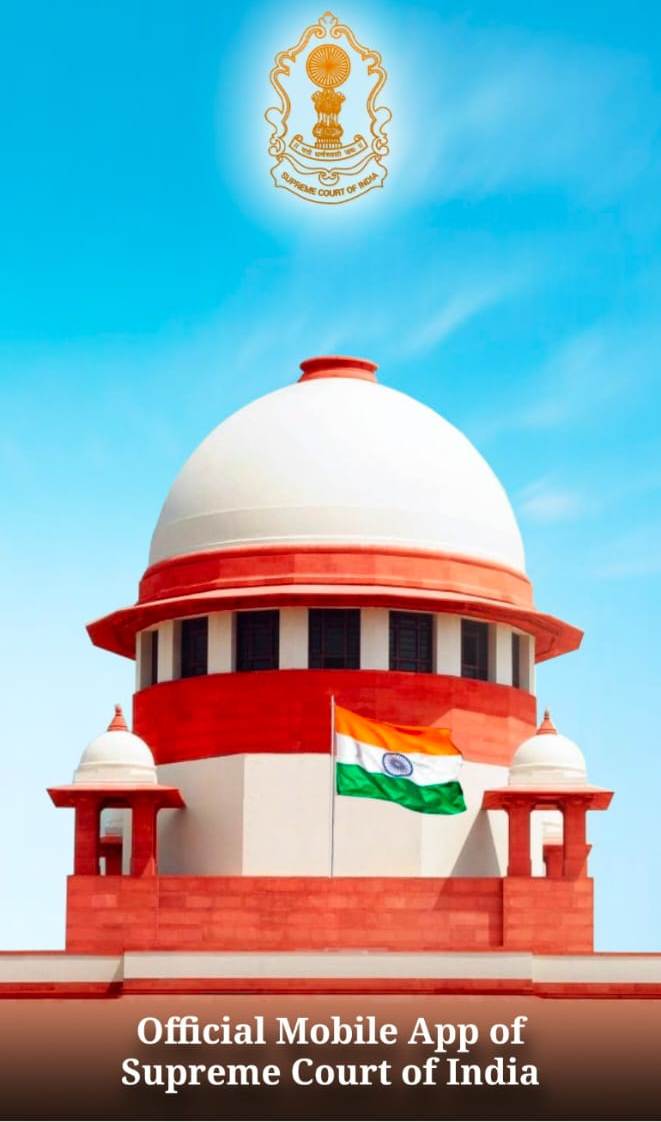The Supreme Court said that discipline is an intrinsic part of the Armed Forces service and any slack in this matter will put a wrong message.
A bench comprising of Justice Hima Kohli and Justice Rajesh Bindal noted that gross indiscipline by those serving in the forces cannot be tolerated.
The obserrvations were made by the top court while upholding a mechanical transport driver’s dismissal from army service for taking excess leaves without notice.
In its report the Court found that the driver who was a former sepoywas a habitual offender for which he remained out of line for far too long by seeking condonation of his leave.
The Court said that one must be mindful of the fact that discipline is the implicit hallmark of the Armed Forces and a non-negotiable condition of service.
The court further said that such gross indiscipline on the part of the appellant who was a member of the Armed Forces could not be countenanced. He remained out of line far too often for seeking condonation of his absence of leave, this time, for a prolonged period of 108 days which if accepted, would have sent a wrong signal to others in service.
In the year 2015, an order was passed by the Armed Forces Tribunal Lucknow Regional Bench dismissing the driver from service.
The tribunal had refused to interfere with two orders passed by a Court of Inquiry by which the driver was dismissed from service for overstaying the leave granted to him without sufficient cause. He had been charged under Section 39b of the Army Act.
The driver filed a plea before the Supreme Court, arguing that the punishment was grossly disproportionate to the offence.
The respondent counsel however, countered that the driver was a habitual offender who had pleaded guilty.
it further said that he cannot now be allowed to renege on the same by questioning the entire process, it was stressed.
The top court found that the driver had not placed any document on record to justify his claim that he was absent because he had to tend to his ailing wife.
The Court also observed that the punishment handed down was not graver than the one contemplated under the Army Act.
The court said that the punishment of dismissal from service on conviction by Court Martial has been treated as a lesser punishment vis-à-vis the punishment of imprisonment for any period below 14 years … sub-section (4) of Section 120 clearly states that a SCM can pass any sentence as contemplated under the Act.
The top court underscored that a summary court martial is empowered with sufficient discretion when it comes to imposing punishment for offences depending on the nature and gravity of the infraction. The Court, therefore, rejected the driver’s contention that the punishment meted out to him was disproportionate. The appeal was, therefore, dismissed.
In a stern conclusion, the bench added that the former sepoy did not deserve any leniency for his conduct.


